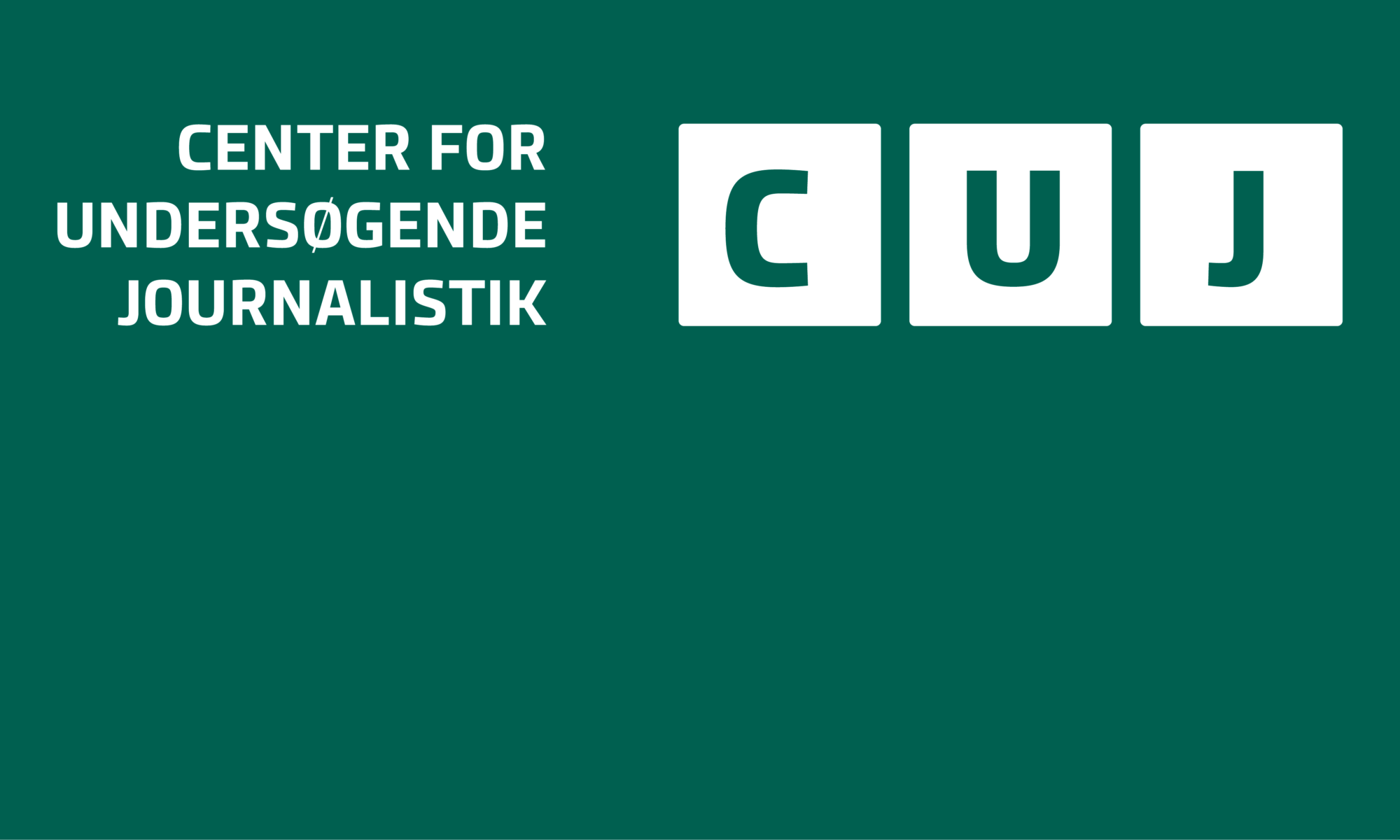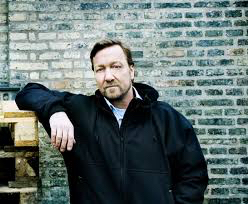By Katrine Juel Friis
After lunch, Tech & data team leader at CORRECTIV Anne-Lise Bouyer, Chief Technology Officer at ICIJ Pierre Romera and Tech Coordinator at OCCRP Friedrich Lindenberg give tips for how to secure your cross-border investigation.
Digital security is very important in cross-border collaborations, but there are different tools and process’ to approach this. Firstly, you need to take into account the level of security needed in the communication and the level of tech-experience within the cross-border group. Secondly, it is important to use a secure team chat software, where the panel takes the website Slack as an example.
When communicating with each other on a daily basis, Facebook is a no go. Instead, the panel recommended Signal, Whatsapp and Telegram.
Pierre also underlined that ICIJ is there to help you: “Another way to secure yourself and your partners are to come to us.” International Consortium of Investigative Journalists (ICIJ) is an organisation and a global network of reporters and media organizations.
The panel was asked if they ever compromised with security in their work, where Pierre Romera then says:
“Some of our new colleagues received a fake invitation-mail the day they arrived at ICIJ. That was a big problem for us, and very difficult to handle.”
However, if you suddenly end up having not secured for example your data, it is very useful to have made an emergency guide explaining what to do in these kinds of situations.
Friedrich Lindenberg ended the panel session on a happy note with a smile on the face by saying:
“If you want to be totally secure, don’t be an investigative reporter. There is always a risk.”

